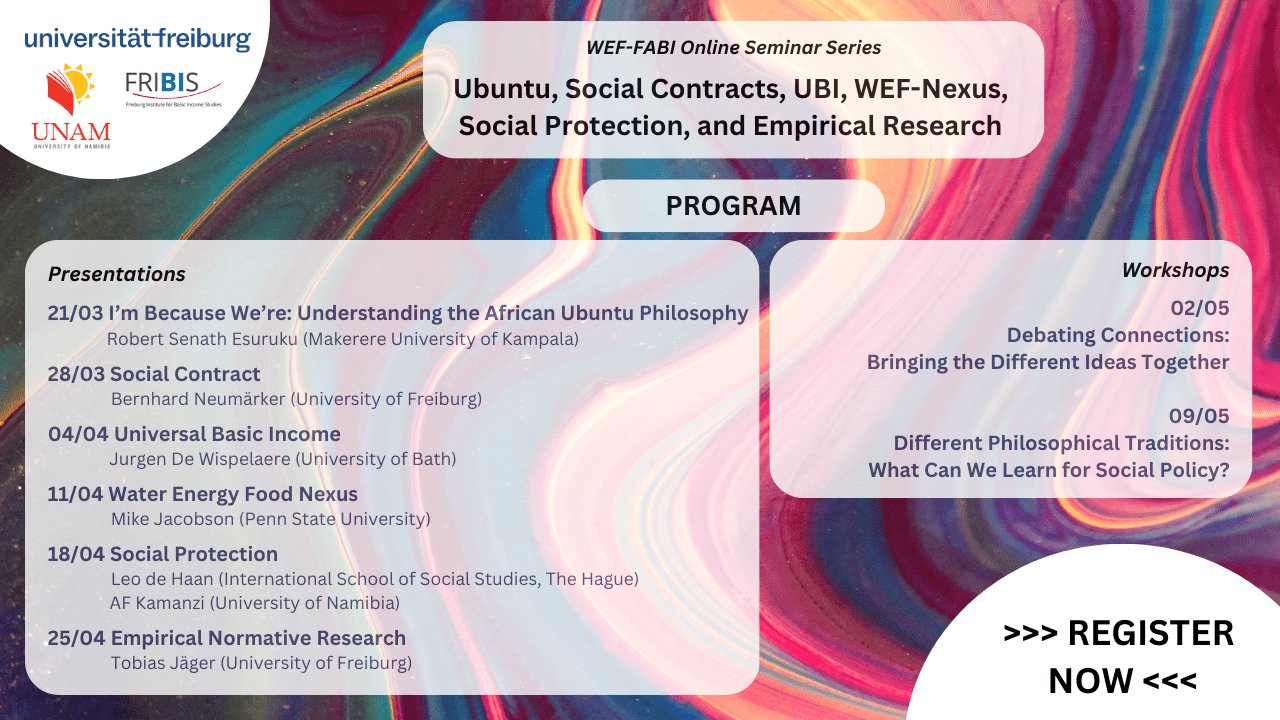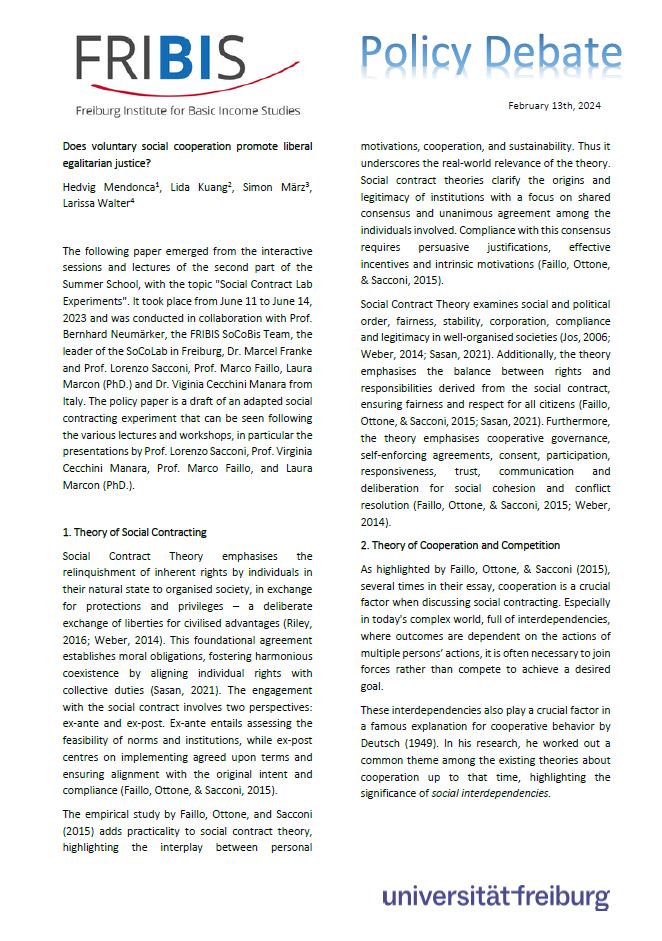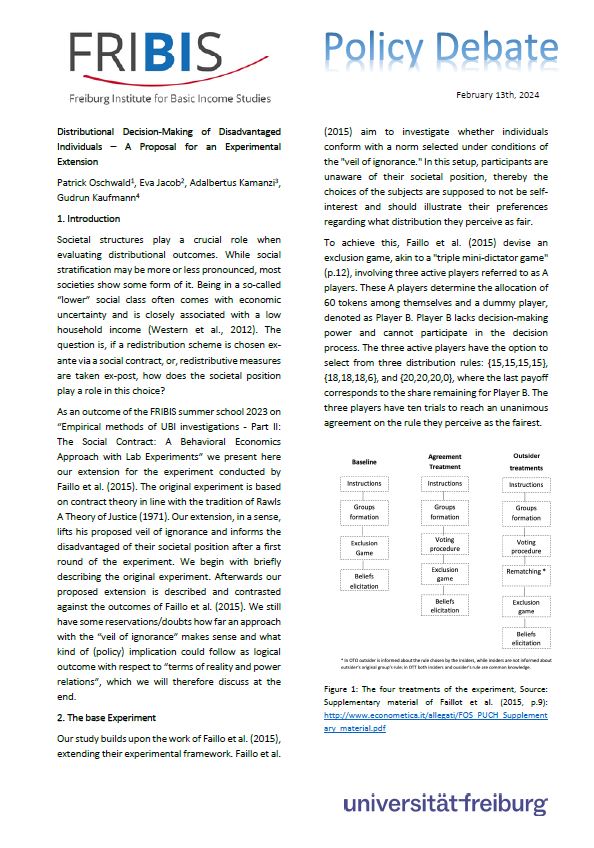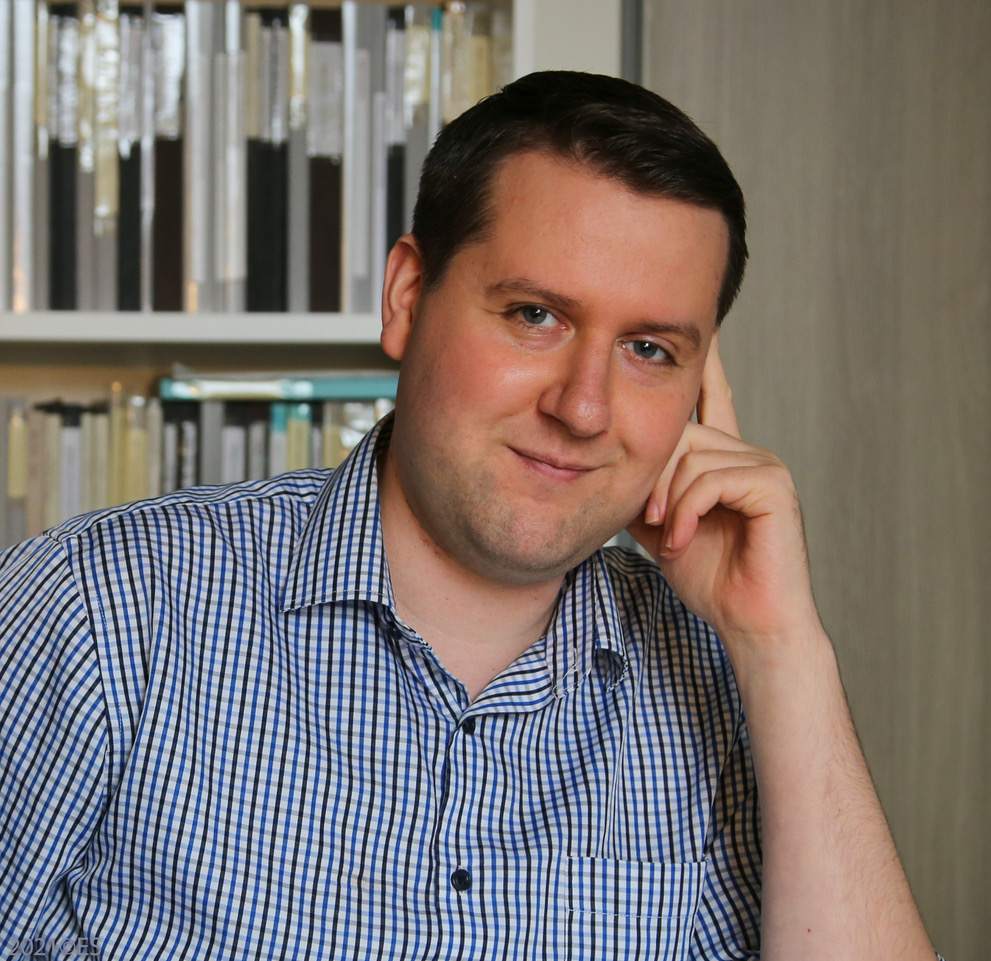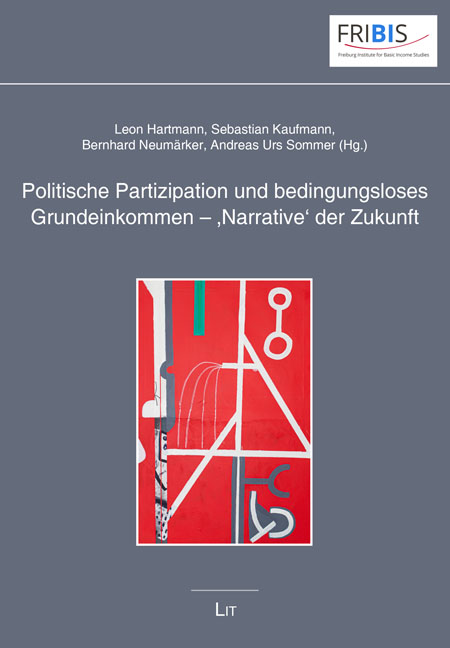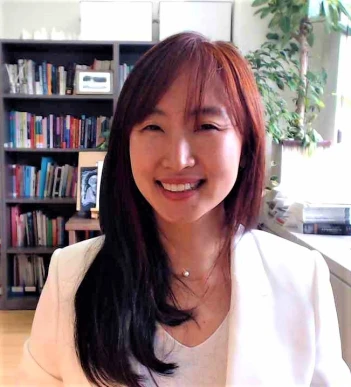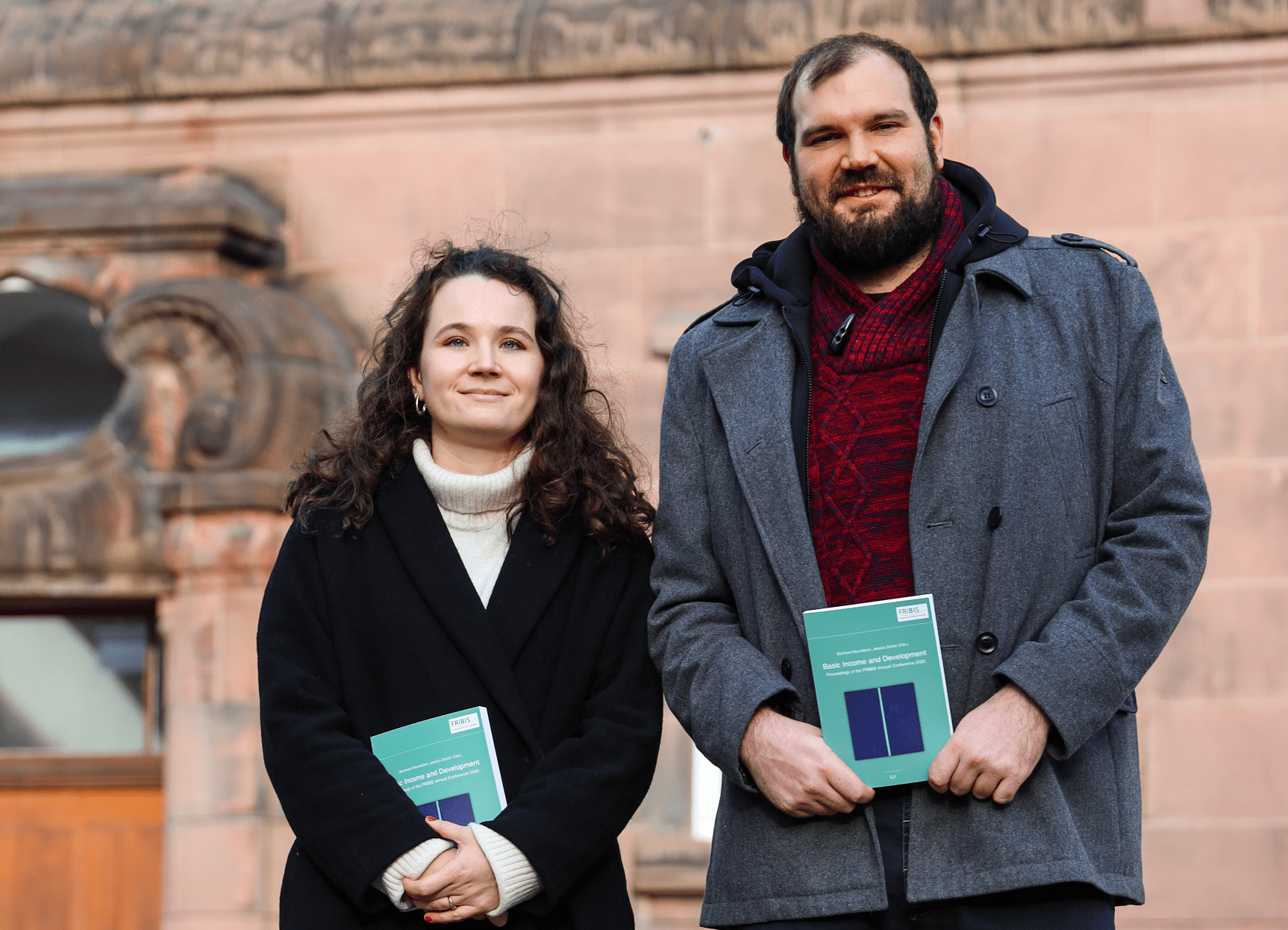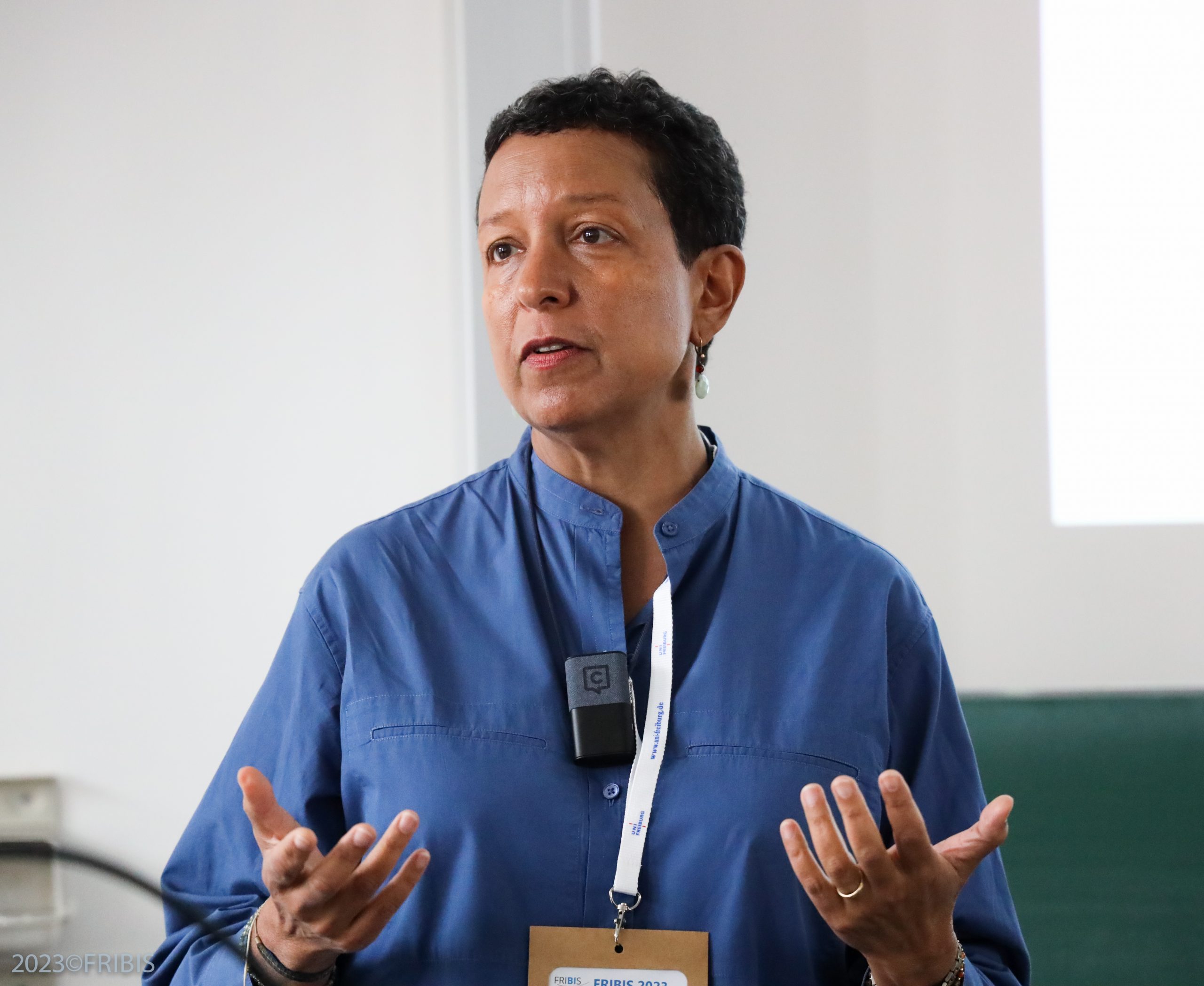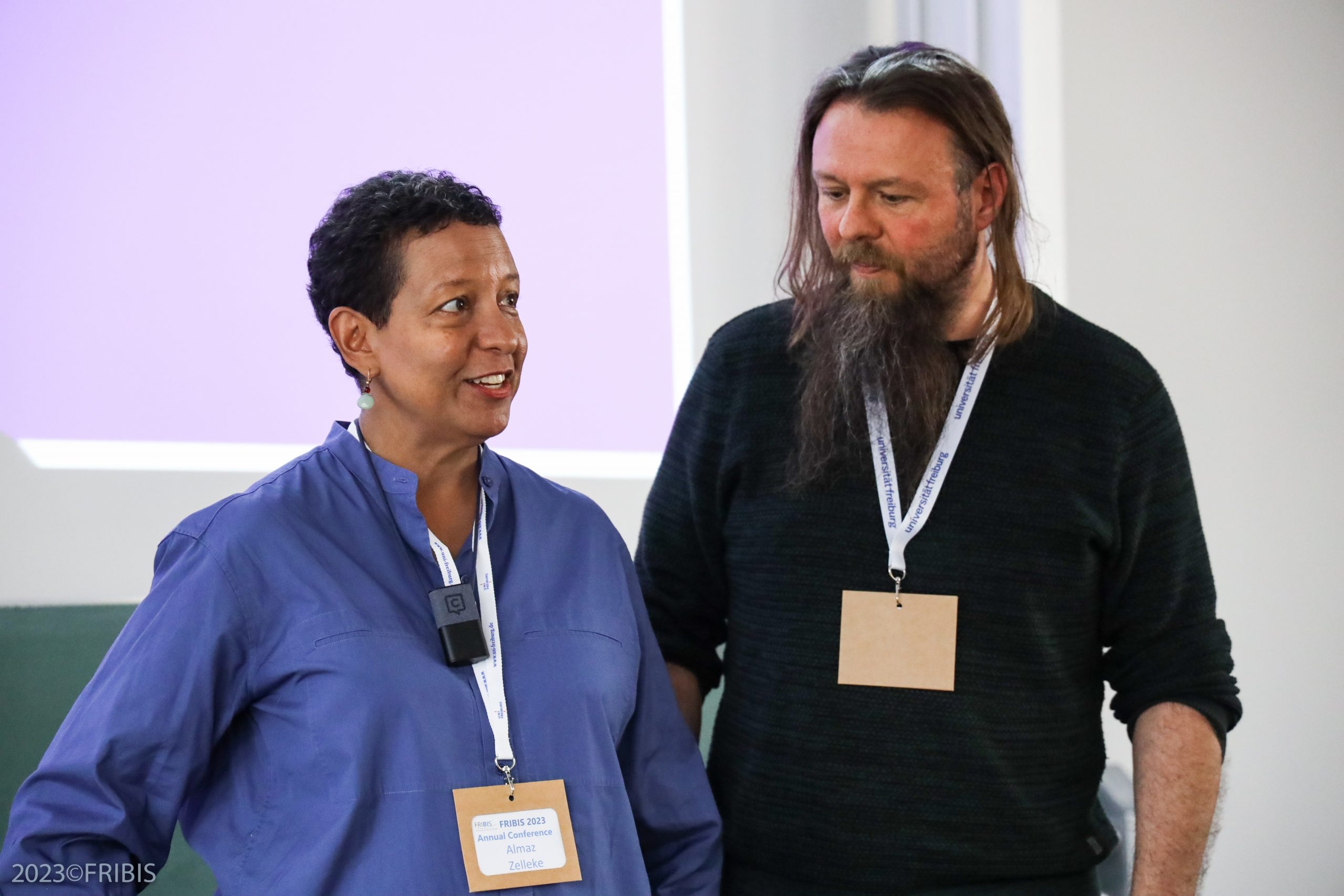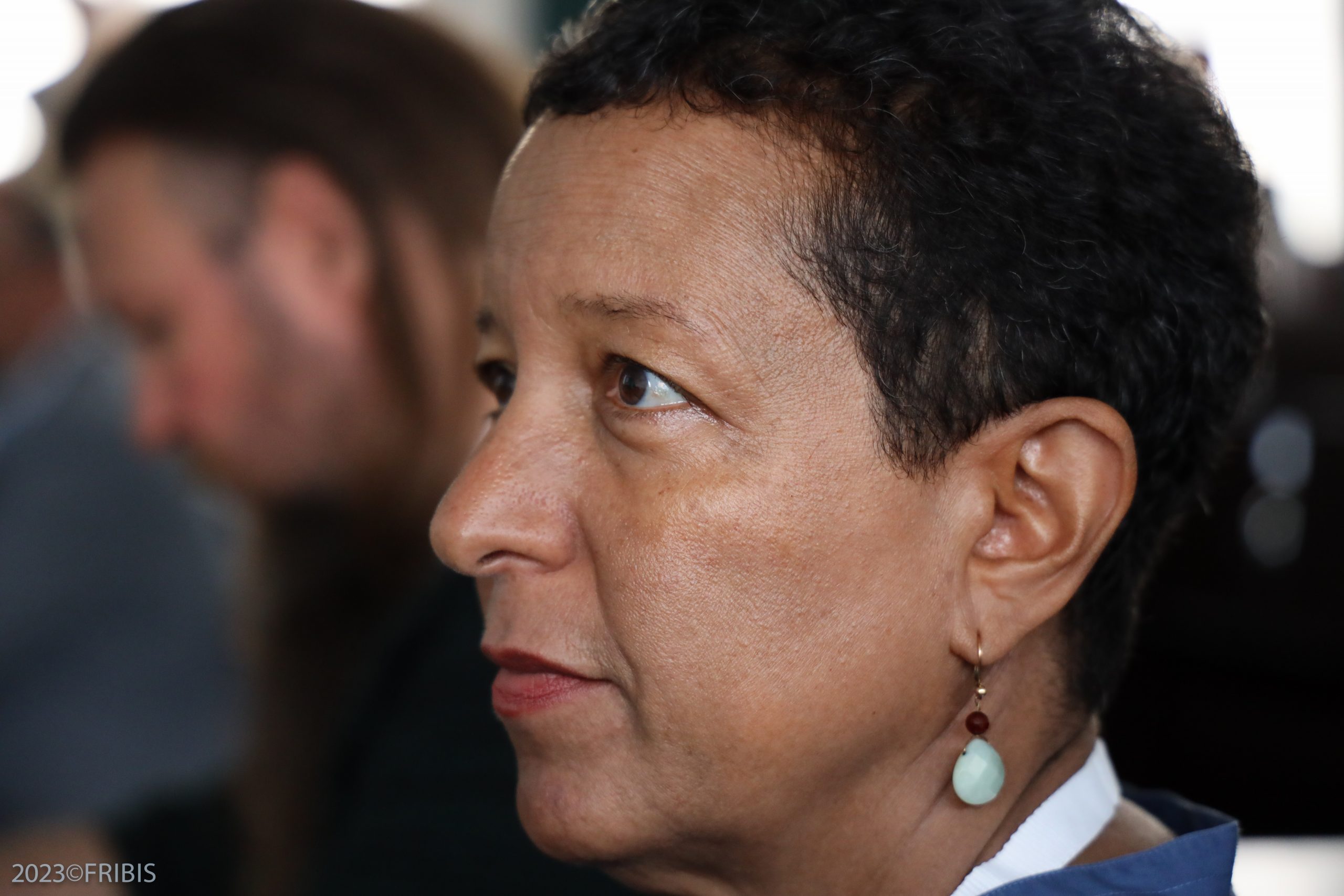Basic Income and Reparations (Nika Soon-Shiong, Liz Fouksman, Richard Wallace & Elise Klein)
On March 21, 2024, our four guests, Nika Soon-Shiong, Liz Fouksman, Richard Wallace, and Elise Klein, spoke about the connections between Universal Basic Income (UBI) and the increasing calls for reparations as tools for global social justice. They explored how UBI can address the historical and contemporary harms of racial capitalism, coloniality, and ongoing dispossession, questioning whether UBI can serve as a mechanism for achieving repair and if it can advance justice without integrating with broader reparations efforts.
Abstract: “America’s systems of welfare and mass incarceration have historically criminalized and harmed Black, brown, Indigenous, poor, immigrants, and more. 65% of Black Americans were made ineligible for Social Security when it was first introduced, followed by the legal exclusion of Black citizens from the wealth-building mechanisms of the New Deal and G.I. Bill. Discriminatory social services and tax laws have consistently provided fewer resources to people and neighborhoods of color. In contrast, the US spends $300 Billion annually on mass incarceration. A system of direct, recurring income support cannot wait for further evidence that reducing poverty decreases poverty. Real success requires unraveling the corporate construction of crime, fraud, and safety. Nika discussed movement-led efforts to intervene in procurement processes, emphasizing that policy implementation should not rely on the same old companies and consultants who built what needs to change.”
Speaker Biographies:
Elise Klein (OAM): An Associate Professor of Public Policy at the Crawford School at the Australian National University. Her research is situated in the intersections (and cracks) of development, social policy, de(coloniality), and care. She is the co-director of the Australian Basic Income Lab.
Nika Soon-Shiong: Executive director of the Fund for Guaranteed Income, an organization that raises money to advocate for and distribute universal basic income payments to certain communities, using identity politics as a basis for determining which communities should receive the payments, prioritizing ethnic minorities and impoverished people.
Richard Wallace: Founder and Executive Director of Equity and Transformation (EAT), an artist & community organizer dedicated to advancing racial equity in the US. In 2021, EAT launched the Chicago Future Fund, a groundbreaking Guaranteed Income pilot for formerly incarcerated people. He currently sits on the Global Advisory Board for the Atlantic Institute and serves on the Strategy Table for the Movement for Black Lives.
Dr. Liz Fouksman: A Lecturer (Assistant Professor) in Social Justice at the Centre for Public Policy Research at King’s College London. Liz’s research focuses on understanding moral, social, and cultural attachments to work and working. It looks at the impediment such attachments pose to new imaginaries of the future of labor and distribution in an increasingly automated world, drawing on long-term empirical fieldwork in South Africa and Namibia to understand resistance to radical redistributive policies such as universal basic income.
Politics of Basic Income Talk Series
The event is part of the Politics of Basic Income Talk Series, initiated in October 2023. This time is was hosted by Dr. Joe Chrisp, a Research Associate at the Institute for Policy Research (IPR), University of Bath, who completed his PhD on the political feasibility of basic income in high-income countries, and Joseph Cooke, an Undergraduate Research Assistant and Politics and International Relations BSc student at the University of Bath. This event series, a collaboration between the Bath UBI Beacon and Freiburg Institute of Basic Income Studies (FRIBIS), in partnership with the Basic Income Earth Network (BIEN), continues to bring together experts globally to share insights on UBI policy, movement building, and research.
